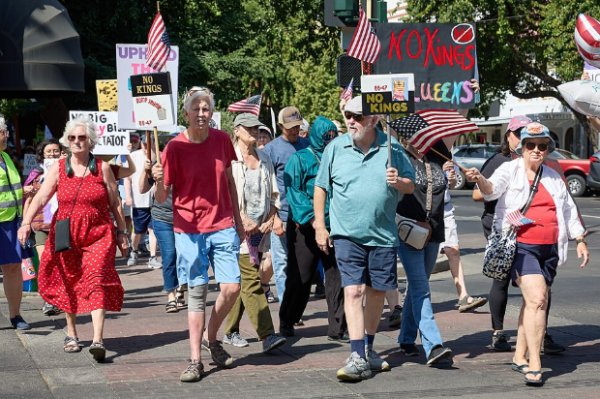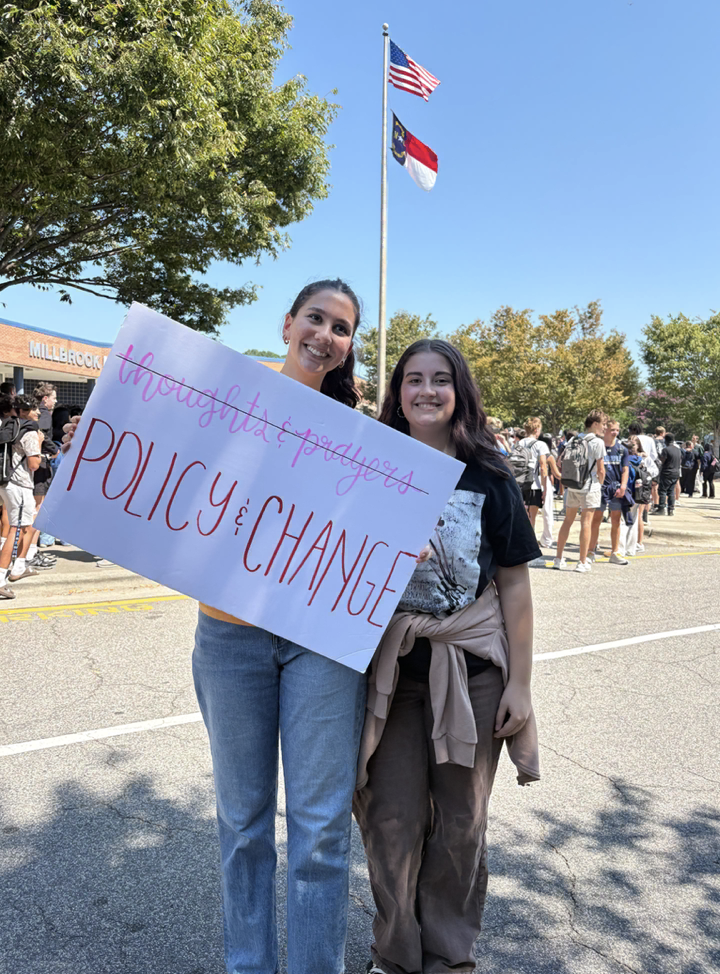Throughout the summer months of 2025, millions of Americans showed their unhappiness with the status quo through an impressive slew of boycotts and protests. Most notably, the June 14 No Kings Day protest turned out between four and six million demonstrators, according to the Crowd Counting Consortium. Major boycotts and blackouts directed at large corporations also denoted the summer as one of heightened civic action in the United States. Noteworthy protests toward Immigration and Customs Enforcement (ICE) in Los Angeles resulted in the president’s historic move to deploy the National Guard into an American city. This was a rare event in the country’s 250 years especially since the Cold War era of the 1950s and 60s. Military parades have become something most associated by many with autocratic countries such as China, and have been generally avoided since in the US then. Sporadic protests fueled by movements like the Tesla Takedown and Organized Power in Numbers also marked the summer.
“I think now that more things are going wrong, people are starting to realize what is happening,” said Natalia Smithson, a sophomore here at Millbrook. Indeed, America seems to be more divided than ever amidst an increasingly aggressive ICE deployment of the National Guard into American cities, and a significant rearrangement of the federal budget under the massive One Big Beautiful Bill Act. One consequence of the upheaval was a summer filled with historic civilian uprisings and objections.
The summer kicked off in the wake of numerous nationwide consumer boycotts and “Economic Blackouts”, with more to come according to the The People’s Union USA website, the organization which orchestrated most of these objections. American’s aims this summer included some of the country’s most widely used companies such as Amazon, Target and McDonald’s.
One of the first was a June 3-9 complete boycott of Target. Proponents of the boycott encouraged consumers to shop locally instead of buying from the popular retail chain. This boycott and others that have happened this year toward the store have been considered largely effective as Target’s sales have fallen more than anticipated in 2025. Amid this poor performance and controversy, Target CEO Brian Cornell is expected to step down from his position.
Proponents of this Summer’s boycotts have said that these companies’ adherence to the Trump Administration’s anti-DEI sentiment along with their continual unhappiness with how some of these businesses treat their employees are the basis of their actions, as USA Today has reported.
Arguably the most notable example of opposition this summer occurred on June 14, 2025. The day is already in the history books, for it is the anniversary of the 250th birthday of the US Army. President Trump commissioned a military parade to take place on the evening of this date, which also happened to be his 79th birthday. Although many objections in the form of civilian protests had occurred in the prior five months of the second Trump Administration, the June 14 “No Kings Day” protests were the largest and most organized yet. Data indicated that these were some of the largest single-day protests in US history, surpassing even the 2017 Women’s March. About 2,100 individual events across the country drew around five million Americans to the streets.

“I feel like before protests were…once and far between, and now it feels like there’s one almost every single day,” remarked Millbrook Junior Sierra Bonham. As it turns out, Sierra’s perspective isn’t just an opinion, it’s backed by numbers. For example, data proved that June 1-14, 2025 witnessed more than three times the amount of political demonstrations than the same time period during President Trump’s last administration.
This summer showcased many Americans’ increasing dissatisfaction with the state of their country, using their First Amendment rights to stage mass protests and boycotts all season long. Ultimately, it does not appear that they will be stopping any time soon, with the infamous “No Kings” Movement touting another day of national protest on October 18 of this year.







